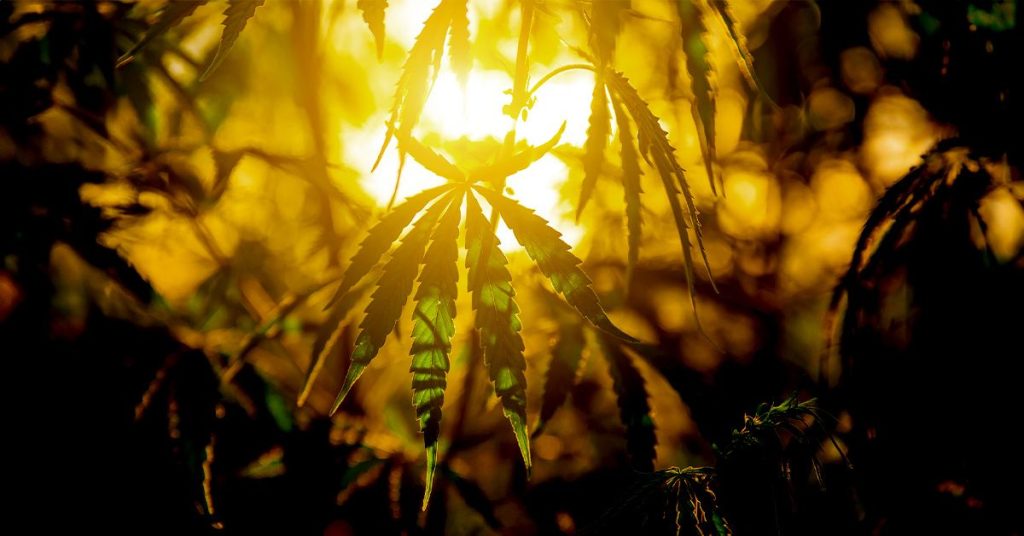Researchers have found that CBD may have protective benefits against UVA radiation, which can lead to aging and skin cancer. A small study involving 19 participants showed that skin treated with a CBD cream had less redness after exposure to high levels of UV radiation. However, experts caution that more research is needed, and that CBD should not replace sunscreen. Combining CBD with sunscreen may one day provide enhanced protection against sun damage. The study was the first to establish that CBD may have protective benefits against UVA radiation and was published in the Journal of the American Academy of Dermatology.
The study involved participants with fair skin ranging from skin that always burns and never tans to skin that can tan gradually. Participants applied a CBD cream to one buttock and a cream without CBD to the other buttock twice a day for 14 days. The treated skin was then exposed to three times the amount of UV radiation needed to injure the skin, and skin biopsies were performed 24 hours later. Results showed that skin treated with CBD had less redness, reduced skin thickening, and lower levels of DNA damage compared to skin treated with the cream without CBD. The study had limitations like a small sample size and lack of diversity in skin types, but experts believe it could pave the way for new options in sun protection in the future.
CBD is a compound derived from the cannabis plant that does not produce a “high” like THC, another compound found in cannabis. People use CBD oil for various purposes such as pain relief, anxiety, and depression. Dr. Sherry Yafai believes that CBD has a good safety profile, but it often carries a stigma. She argues that there needs to be more education about CBD’s benefits and uses, and that research like the GWU study adds to the knowledge base on CBD. The study focused on nano-CBD particles, which are non-intoxicating chemicals that can be derived from cannabis or hemp.
The GWU researchers emphasize that their study shows potential benefits of CBD but do not recommend replacing sunscreen with CBD creams. They suggest that future research should compare CBD with other UVA protection methods, like commercially available UVA filters or Polypodium leucotomos extract. The lead author of the study, Dr. Adam Friedman, stresses the importance of ongoing research to validate claims about the benefits of CBD. He notes that there has been a lot of hype surrounding CBD, but more scientific evidence is needed to support its potential uses. Friedman also clarifies that CBD is meant to support sunscreen, not replace it.
Overall, the study’s findings suggest that CBD may offer protective benefits against UVA radiation, which could potentially enhance sun protection in the future. The study’s results are promising but further research is needed to fully understand the effectiveness of CBD in preventing sun damage. Researchers like Dr. Yafai believe that CBD has the potential to be a valuable tool in protecting the skin from UVA radiation, but more studies are required to determine the optimal dosage and formulations. In conclusion, the study on CBD’s protective effects against UVA radiation highlights the need for continued research in this area to explore the potential benefits of CBD in skincare and sun protection.


